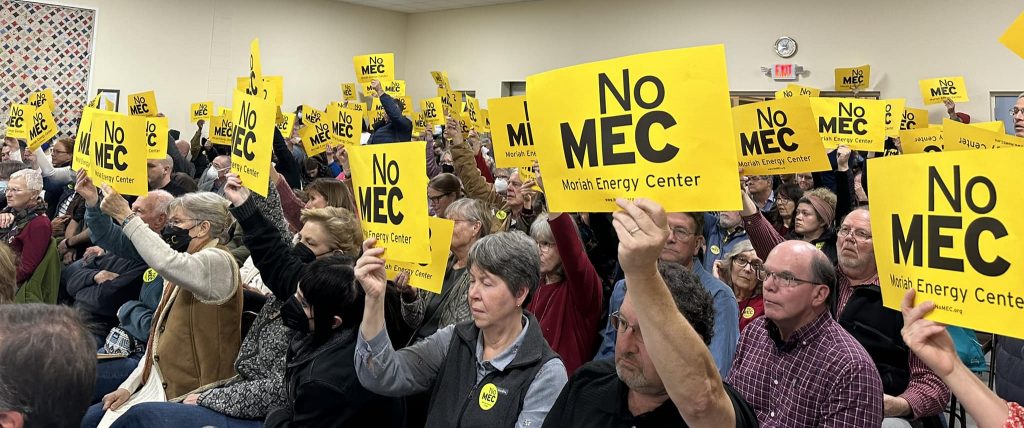By Brian Sewell
With just months remaining in the Obama presidency, the clock is ticking on major rulemakings by the administration aimed at safeguarding the environment and public health and combating climate change. As the next election nears, several regulations are either yet to be finalized or tied up in federal court.
In February, the U.S. Supreme Court hit pause on the Clean Power Plan, slowing the momentum of efforts to regulate carbon pollution from power plants and sending a disruptive signal to the states, many of which put planning for the rule’s implementation on hold.
The D.C. Circuit Court of Appeals will hear arguments on the plan in September, meaning a decision will come after the election. And, if the seat on the Supreme Court left open by the late Antonin Scalia remains vacant, the D.C. Circuit’s ruling could be decisive.
But while the Clean Power Plan continues to be a flashpoint, the lesser known Mercury and Air Toxics Standards have had a larger impact on U.S. coal-based electricity generation, the nation’s largest source of mercury emissions. The regulations were a major factor in the record-setting number of coal plant retirements in 2015.
In June, the Supreme Court allowed the mercury standards to stay in effect while the U.S. Environmental Protection Agency considers changes necessary to comply with a 2015 ruling by the high court that the agency did not properly consider the regulations’ cost to industry.
The coal industry and its supporters in Congress are also primed to fight the yet-to-be-finalized Stream Protection Rule. Years in the making, the rule is designed to reduce the impacts of surface coal mining. It has drawn the scorn of pro-coal policymakers and industry leaders including Murray Energy CEO Robert Murray, who pledged to sue the Obama administration the day the rule is filed.
The outlook is slightly better for the oil and gas industry, which celebrated in June after a federal judge invalidated rules to strengthen oversight of fracking on publicly owned land. The White House vowed to appeal the decision. In May, the Obama administration announced regulations to limit methane emissions from oil and gas operations, which prompted North Dakota to sue.
In the final months of his second term, President Obama continues to push back against efforts by Congress to undo proposed and finalized regulations. In July, he pledged to veto a spending bill passed by the House that would block the Clean Power Plan, the Stream Protection Rule and new regulations on fracking.
Partially as a result of that deadlock, court decisions made in the coming months could be the largest determining factor in the outcomes of the president’s vaunted environmental efforts — perhaps second only to the winner of the White House in November.
Related Articles
Latest News

Leave a comment
Your email address will not be published. Required fields are marked *




